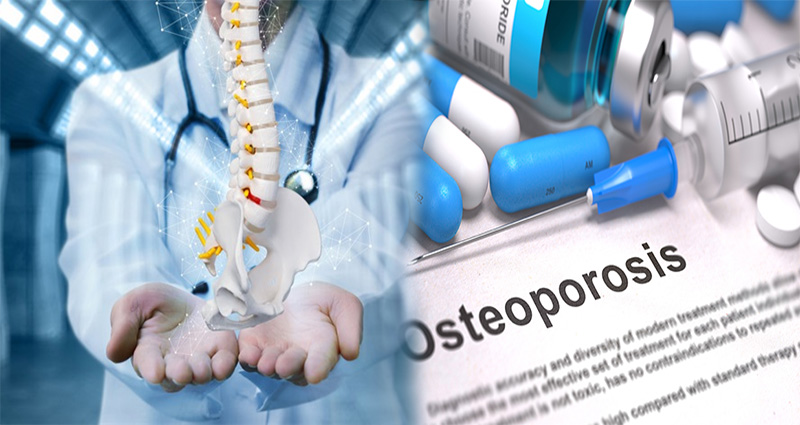The Osteoporosis Drugs No One Talks About
Osteoporosis is a serious disease that affects millions of Americans. The condition causes bones to become weak and fragile, increasing the risk of fractures and other complications. This can lead to pain and loss of mobility for patients, as well as higher healthcare costs for both patients and insurance providers. There are several medications on the market that help treat osteoporosis, but what many people don’t know is these drugs come with some serious side effects — including permanent tooth damage! In this article we’ll talk about two common osteoporosis drugs: bisphosphonates and denosumab. We’ll also discuss how these medications work and what you need to know before taking them or any other medication prescribed by your doctor.
The two most common drugs used to treat osteoporosis are bisphosphonates and denosumab.
Osteoporosis is a disease that causes bones to become thin and brittle. The most common type of osteoporosis is … READ MORE ...








